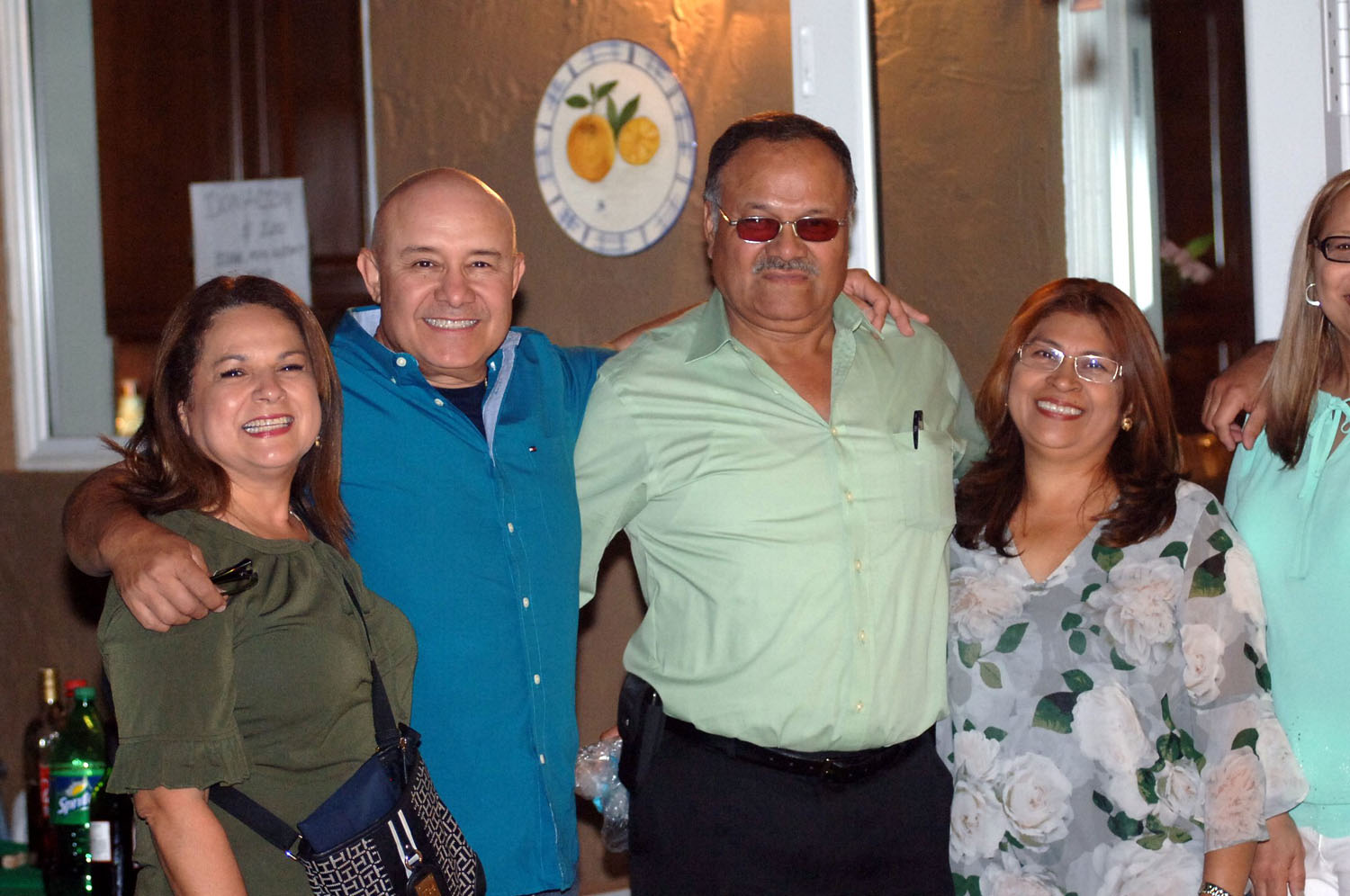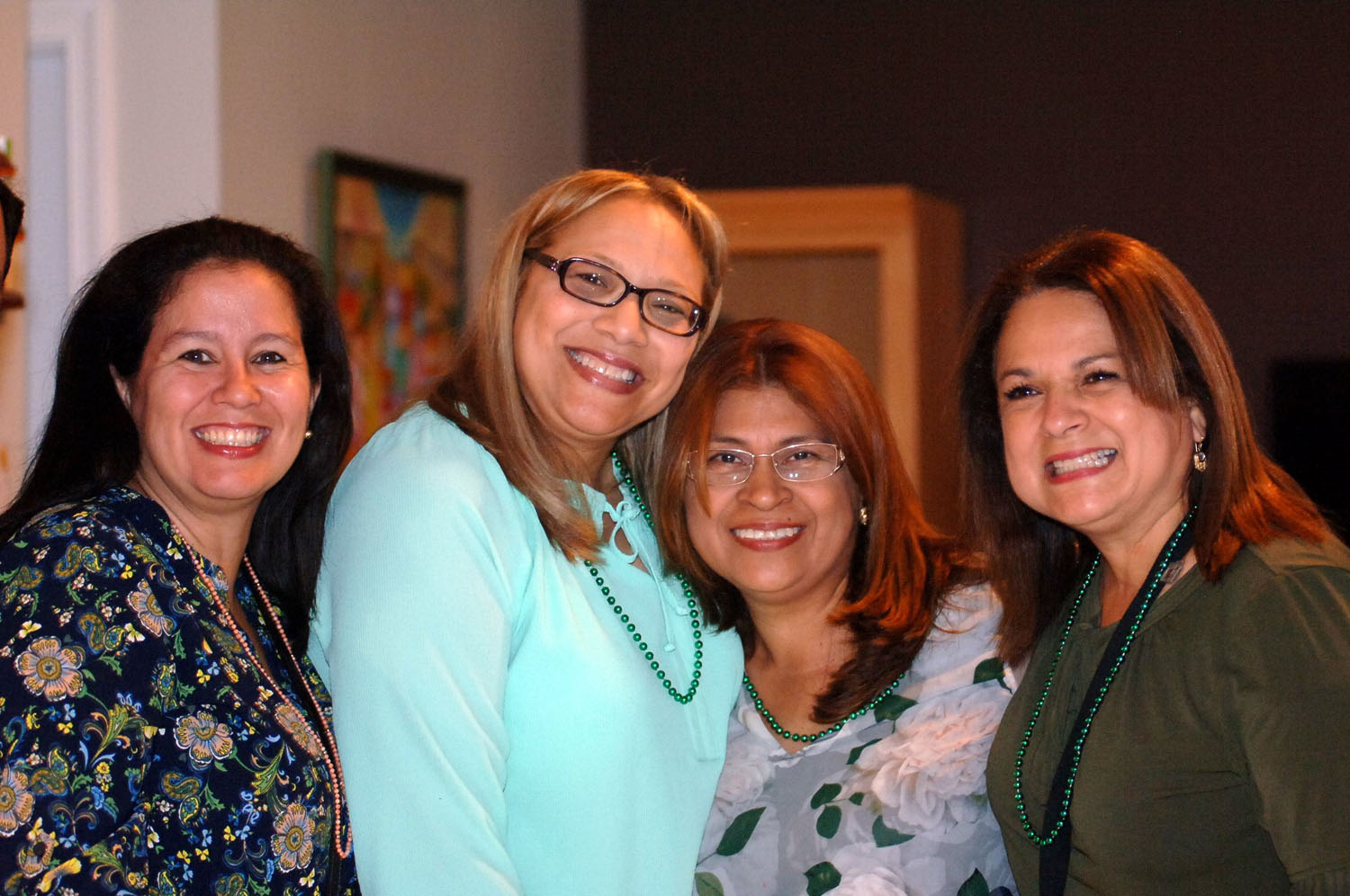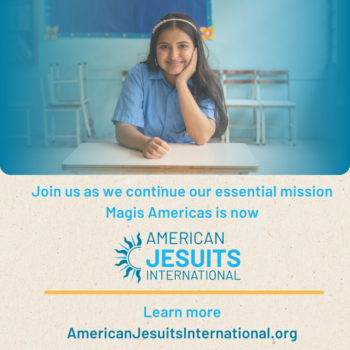
Between September 28th and October 1st, the XLVII International Fe y Alegría Federation Congress was held in Madrid. It was called “Fe y Alegría, a global movement. We educate on the frontiers”. The meeting, organized by Entreculturas, organization of Fe y Alegría in Spain, addressed topics such as Fe y Alegría’s current and future frontiers, strategies such as the global movement, and the increasingly important approach being done on global citizenship.
Arturo Sosa, sj, Father General of the Society of Jesus, inaugurated the congress highlighting the importance of this international movement in our times of global transformation. Begun in the fertile environment of Abraham and Patricia Reyes’ humble home, and guided by the vision of Father José María Vélaz, this movement is today a magnificent international educational network that connects over a million and a half students in 22 countries around the world, and growing… with no intention of slowing down.
Read here: Father General Speech at the Opening of the FyA Meeting in Madrid (en Español) (en Français)
The congress was evidence of this plurality thanks to the presence of the national directors from the 22 Fe y Alegría in Latin America, Europe and Africa, together with guests up to almost 400 people, including representatives other 11 countries interested in this global dynamic on education at the frontiers: Kenya, Nigeria, Liberia, Guinea, Zimbabwe, Mozambique, Nepal, Camboya, Cuba, Philippines and USA.
The format of the congress was proof that this movement – far from coming to a standstill – continues to dream and experiment with new ideas for community involvement, and that it feels it is an expression of change that is based on diversity and the commitment to an educational project for people that are most vulnerable.
The core of the congress, took place on September 29th and 30th in El Escorial. The opening discussion was led by the Father General of the Society of Jesus, accompanied during the inauguration by Antonio España, sj, the Provincial of Spain; Carlos Fritzen, sj; Coordinator of the International Fe y Alegría Federation and Dani Villanueva, sj, Executive Vice President of Entreculturas. Here are some of their statements:
“‘Fe y Alegría has become an educational network on the frontiers that gives a new face to the apostolate of education of the Society of Jesus.” Arturo Sosa, sj.
“We will have to develop a new style of leadership, be more inspirational when it comes to processes, and less concerned with executing tasks. We must be more dynamic in generating actions to influence public policies that ensure the right to quality education for everyone, everywhere.” Carlos Fritzen, sj.
“Our challenge today is how to adjust our actions to the size of the challenge we face: How to be a truly global network at the service of education for the most vulnerable populations and on the frontiers that are the direst, without losing an iota of depth and impact.” Dani Villanueva, sj.
“I would like to reiterate our commitment as the Society of Jesus in Spain that we continue supporting and fostering the work carried out by networks such as Fe y Alegría which have so greatly influenced – and continue to influence – our understanding of solidarity, commitment and citizenship.” Antonio España, sj.
Over the weekend the key aspects of the congress were compiled and summarized in its closing document: this included the main conclusions of an active Fe y Alegría, open to innovation and permanent learning on the new frontiers of gender, interculturalism, etc.
Read here: Final Statement International Congress Fe y Alegría 2018
The XLVII congress ‘We Educate on the Frontiers’ was thus brought to a close. It was a special time of reflection and exchanges for the Fe y Alegría network, which, far from taking it easy, gathers the most strength by continuing to ask how and what its contribution should be with regard to education and to the mission of reconciliation and justice. The congress closed with a special call from the Father General in his speech, “Hopefully, in this context of the globalization of environmental, social and spiritual crises, you will know how to keep this visionary and spiritual idea alive and spread specific ways of educating and shaping a global citizenship that will change the world and remind us of the true transformative power that education has when it is put at the service of the most vulnerable.”
For more information:
- Please visit the congress website: www.congresofeyalegria2018.org
- Picture gallery of the Fe y Alegría Congress 2018
- You can see the video streaming of the whole Congress
- Video of Fr. General’s Speech to Fe y Alegría (in Spanish)



